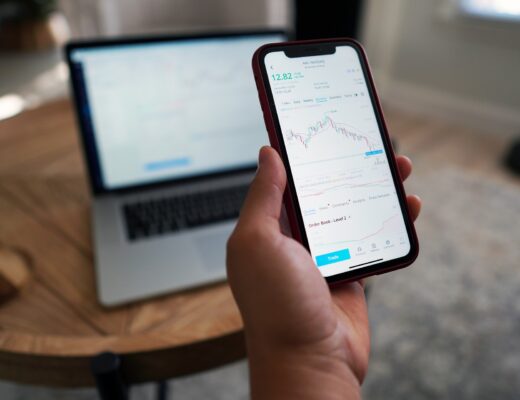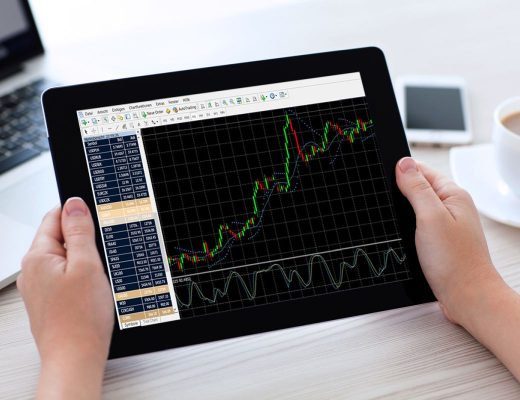Paper trading as a way to gain market skills
With the development of special applications for online activities, paper trading has become irrelevant. However, in some cases, this option is quite effective. Paper trading provides an opportunity to clear the trader’s information field from the influence of indicators and news. It also allows the trader to pay attention to key points in his work. In most cases, it is used to test the effectiveness of the trading strategy. The trader fixes the stock information and imitates the whole trading mechanism. However, no real money is traded.
Paper trading was an indispensable tool for traders in the “first wave” when there were no technical aides to study price movements. All information came from a stockbroker or newspapers. Traders would write down the data and then study and analyse it to plan further actions. The strategy was based on the evaluation of market movements and signals that could be obtained by manually processing the information.
In order to trade on paper, a number of tools need to be available:
– a fictitious trading account and its balance, a change in which indicates the effectiveness of the chosen strategy;
– the current price of the asset;
– trade size;
– transaction parameters, such as closing and opening prices, direction, and financial results. A hand-drawn chart can be an additional tool. You can also record trades and their essence in spreadsheets such as Google Sheets. This can be a helpful skill when keeping a trader’s diary.
A hand-drawn chart can be an additional tool. You can also record trades and their essence in spreadsheets such as Google Sheets. This can be a helpful skill when keeping a trader’s diary.
Getting information from newspapers these days is difficult, so you can use online platforms such as NinjaTrader and MT4. Alternatively, you can turn to web terminals. The latter is an excellent option for paper trading. They provide full information on price movements.
Few people pay attention to this type of trading, which is not completely right. Thanks to paper trading, a newcomer to the market gains the necessary experience and a better understanding of the exchange processes. The main advantage of this approach is that there is no risk of losing money because no deals are actually made. It is possible to test a trading strategy, assess its pros and cons and refine it for further market activity.
If there are no risks, a trader can assess the situation more soberly and make a balanced decision. This contributes to a systematic approach to making deals. Another advantage of paper trading is that it helps to develop discipline, attention to detail and analysis of processes.
It is important to understand that paper trading requires diligence and concentration, which is not for everyone. It may sound boring to many, but it provides the valuable experience you need to succeed.










